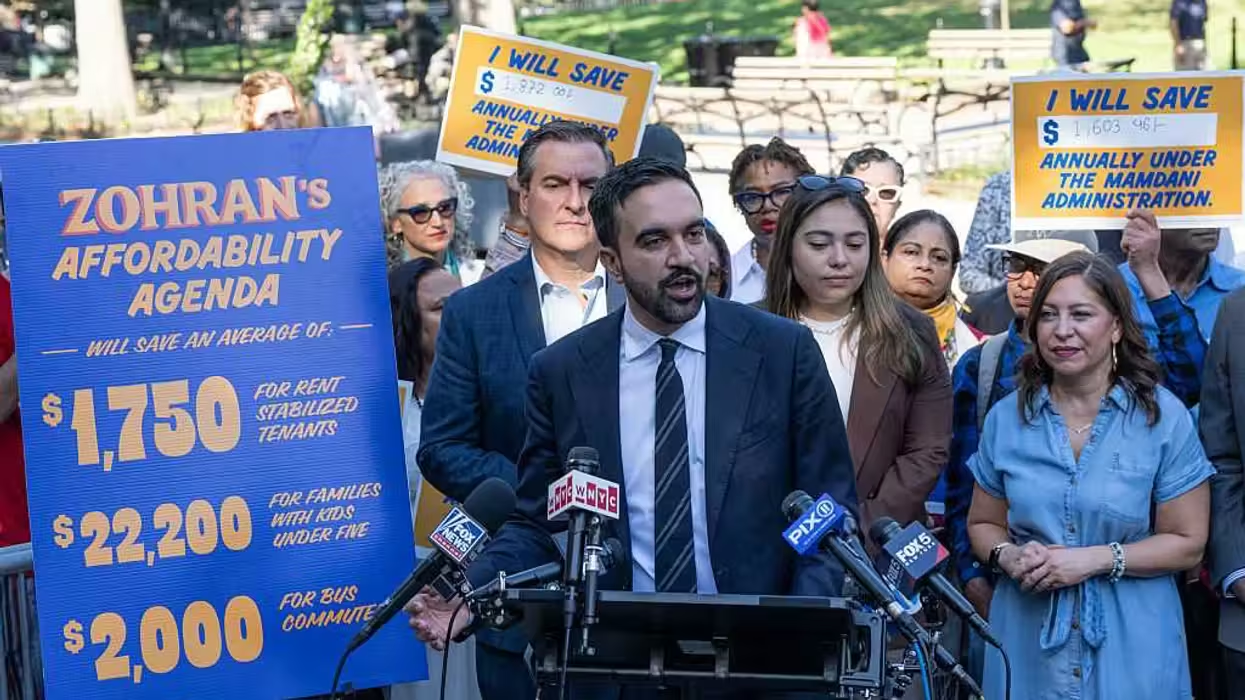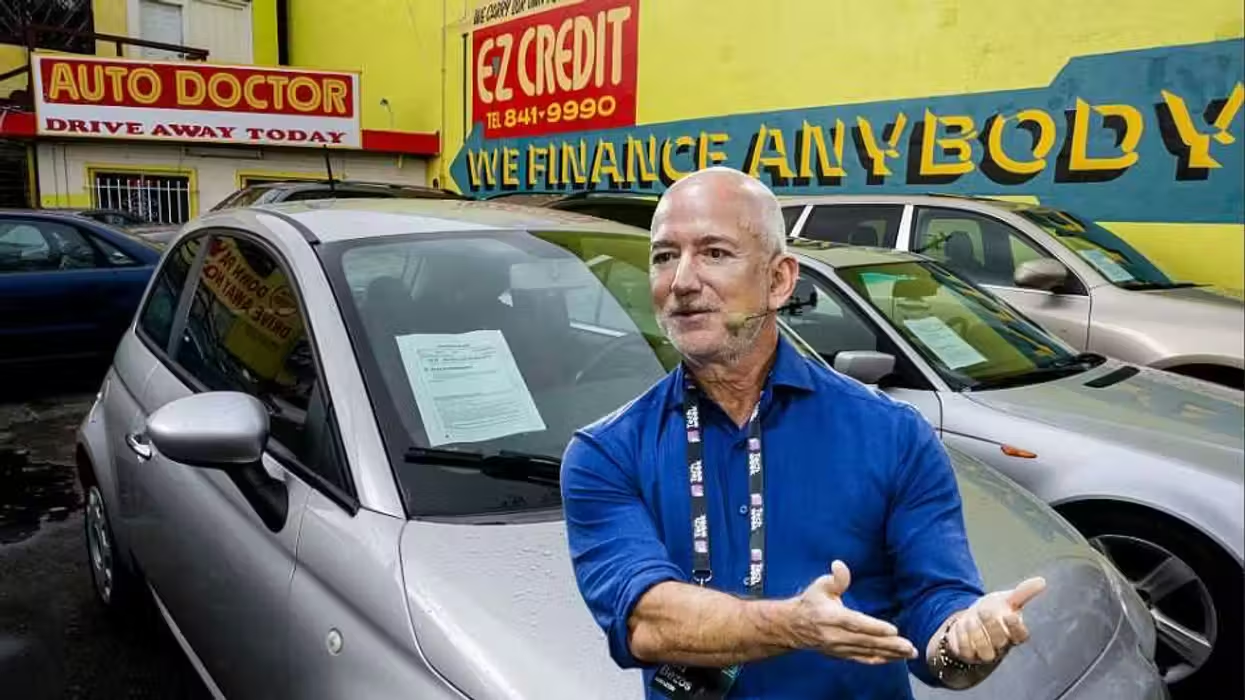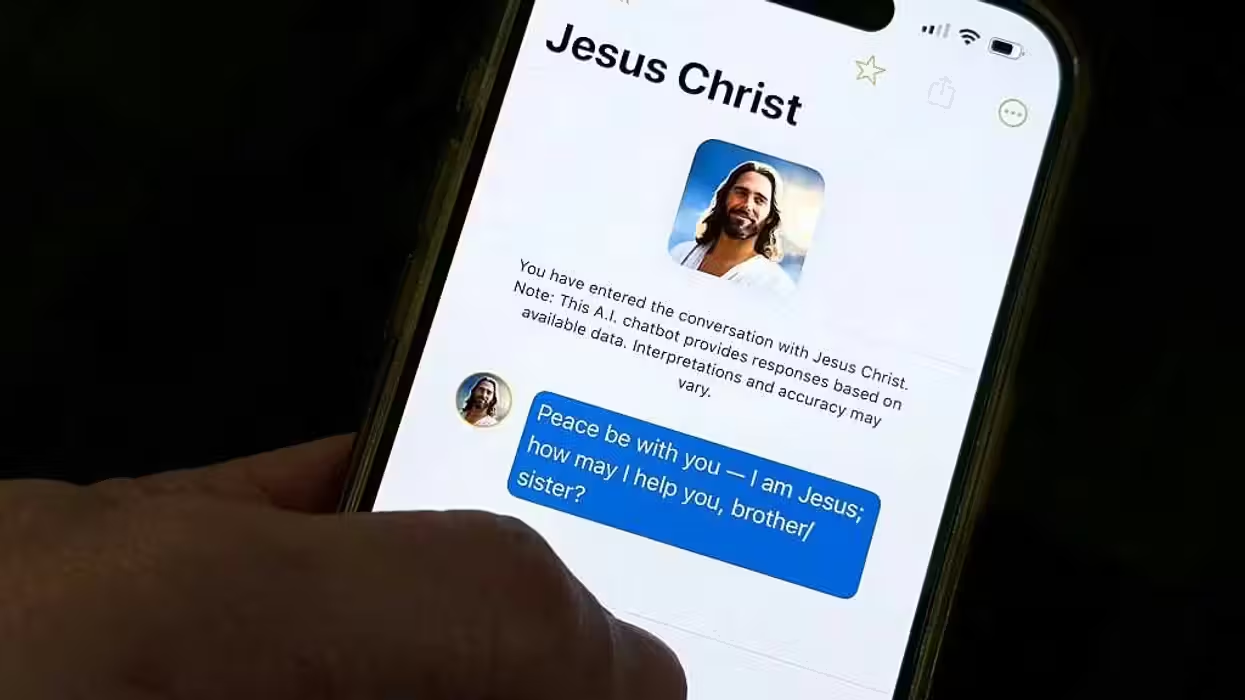The Obama administration has launched a new federal government program aimed at getting parents to talk to their children more, and to engage in "high-quality verbal interaction" with their kids.
The program is aimed at closing what Obama officials are calling the "word gap." That's a reference to research showing that kids in lower-income families hear fewer words as kids than kids from families with higher incomes.
"We know that right now, during the first three years of life, a child born into a low-income family hears 30 million fewer words than a child born into a well-off family," Obama said back in June.
If true, that means upper income kids are hearing 27,000 more words per day in the first three years than their lower-income counterparts. The administration says hearing fewer words puts poor children at a competitive disadvantage in school.
To counter that reported "word gap," the Department of Education and the Department of Health and Human Services is working with state and local governments on ways to get lower-income children to hear more words. Included in the program are several plans that the government wants to impose directly on parents.
One of these is an effort to build "low-cost technologies that help parents engage in more high-quality verbal interaction with their young children." HHS will award up to $300,000 in prize money to groups that develop these technologies.
Another idea is to develop a "word gap toolkit" that will give parents and teachers resources for "enriching the language environment of our youngest children."
The program also envisions having doctors encourage parents and kids to go to the library to read books, and making it easier to find "high-quality early learning programs."
The federal government will also work to connect people studying the "word gap" issue, and work with some states by sharing "best practices" on closing the word gap. Another component is a $2 million project at the National Academy of Sciences to study how to support the development of kids who don't speak English, or who speak two languages.
The White House Office of Science and Technology announced Thursday that the state of Georgia is already taking its own steps to provide "language nutrition" to every kid in the state, through a program called "Talk With Me Baby."
"Talk With Me Baby empowers parents and caregivers with the knowledge and resources they need to provide early language exposure to babies," the White House said. "By integrating language nutrition coaching as a core competency across large-scale workforces of nurses, WIC nutritionists, and early education professionals, Georgia hopes to systematically strengthen and reinforce the capacity of all parents and caregivers to deliver vital language nutrition to children starting at birth."
Another group called Too Small To Fail has started public campaigns aimed at "educating parents about the importance of talking to one's baby. In Providence, Rhode Island, people are experimenting with "home-based caregiver coaching interventions."







